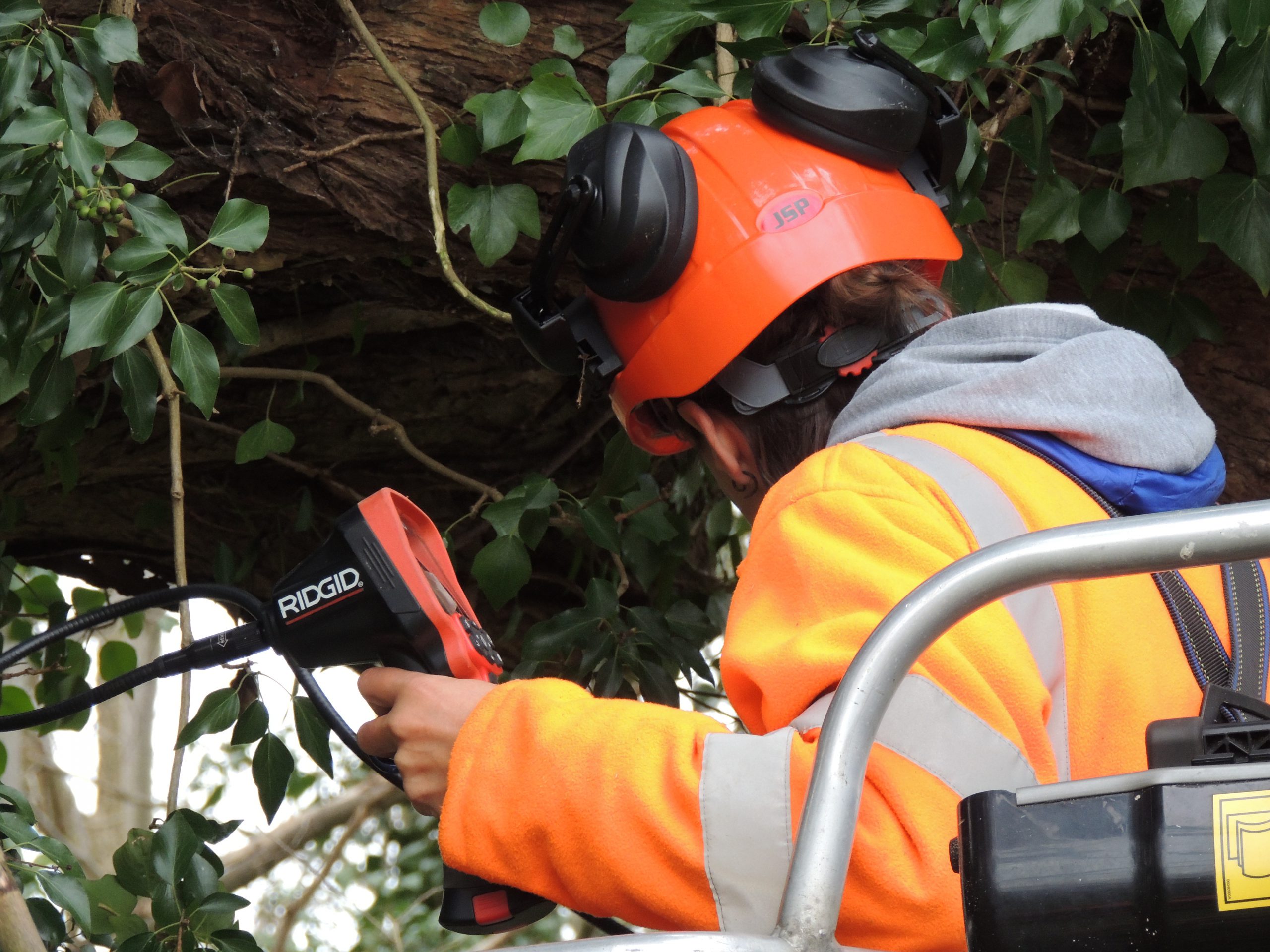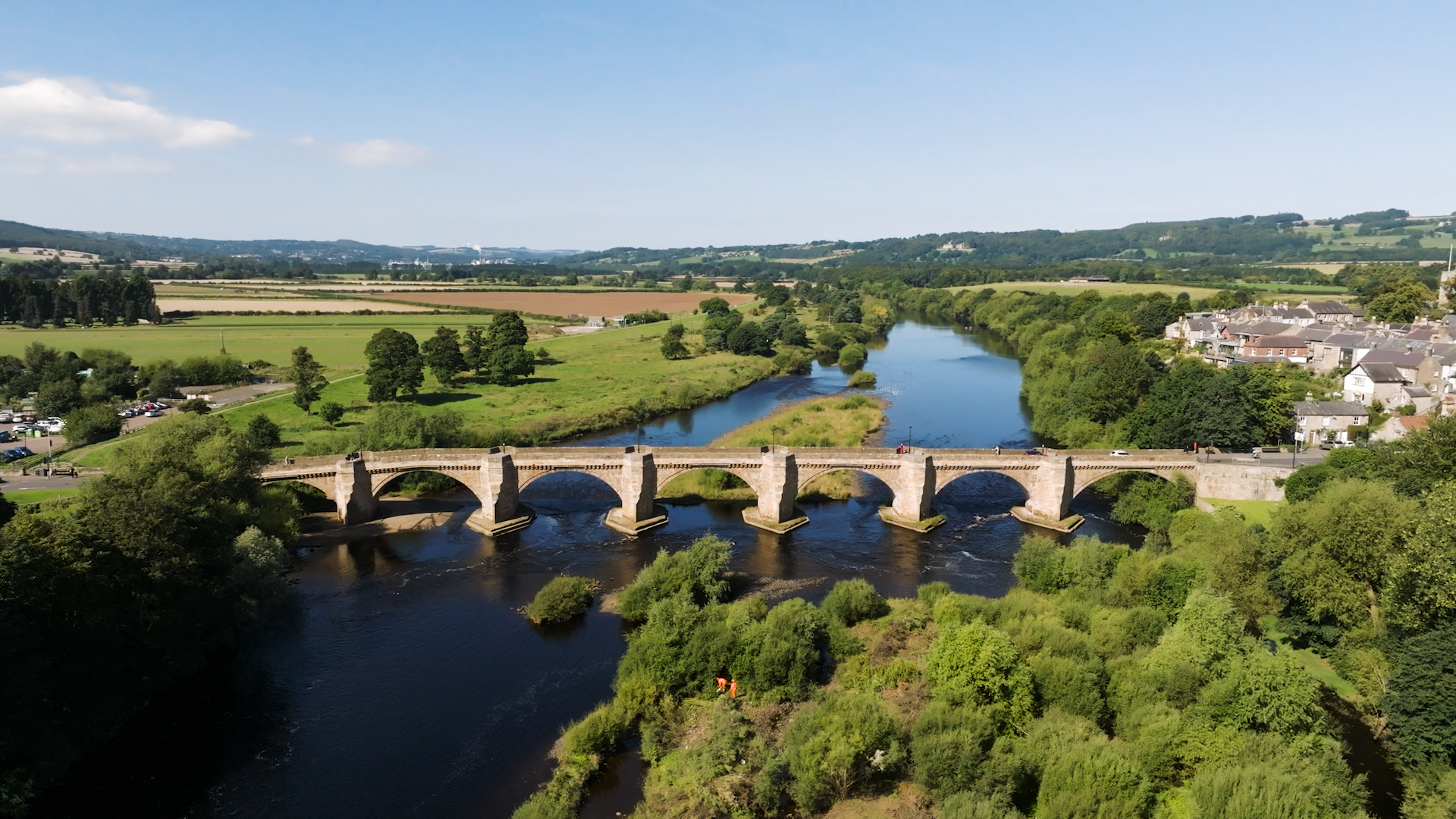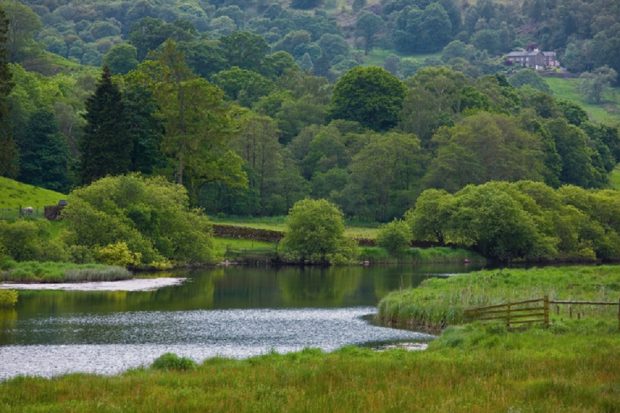In the realm of landscaping, where beauty meets responsibility, the concept of biodiversity net gain is gaining significant traction. As our understanding of environmental stewardship deepens, the importance of preserving and enhancing biodiversity has become increasingly evident. At the forefront of this movement are ecological surveys – invaluable tools that are shaping the way we design and manage landscapes to achieve a net positive impact on biodiversity.
Ecological surveys serve as the cornerstone of biodiversity net gain initiatives by providing essential insights into the existing ecological makeup of a site. Before any landscaping project takes shape, these surveys offer a comprehensive assessment of the local flora, fauna, and ecosystem dynamics. By meticulously documenting the biodiversity hotspots, sensitive habitats, and endangered species present in the area, ecological surveys lay the groundwork for informed decision-making.
One of the key ways in which ecological surveys contribute to biodiversity net gain is by identifying opportunities to enhance habitat quality and connectivity. Armed with data from these surveys, landscapers and developers can design projects that not only preserve existing habitats but also create new ones. Whether it's incorporating wildlife corridors, planting native species, or restoring degraded ecosystems, ecological surveys inform the strategic interventions needed to promote biodiversity.
Ecological surveys play a crucial role in evaluating the potential impacts of landscaping projects on biodiversity. By assessing factors such as habitat loss, fragmentation, and degradation, these surveys help anticipate and mitigate any adverse effects on local wildlife populations. Through careful planning and proactive measures, it becomes possible to minimize habitat disturbance and maximise the ecological benefits of landscaping initiatives.
In the context of regulatory requirements and industry standards, integrating ecological surveys into the planning process has become essential. Many jurisdictions now mandate biodiversity net gain as a prerequisite for obtaining planning permission for development projects. By conducting thorough ecological surveys and developing biodiversity management plans, stakeholders demonstrate their commitment to achieving tangible environmental outcomes.
Ecological surveys foster collaboration and engagement among stakeholders, including local communities, conservation organisations, and government agencies. By involving diverse perspectives in the survey process, it becomes possible to leverage collective knowledge and resources for effective biodiversity conservation. Community participation and public awareness initiatives also play a crucial role in fostering a culture of environmental stewardship and biodiversity appreciation.
Ecological surveys are indispensable tools for achieving biodiversity net gain in landscaping projects. By providing essential data, informing strategic interventions, and fostering collaboration, these surveys empower stakeholders to make meaningful contributions to biodiversity conservation. As we strive to create landscapes that are not only aesthetically pleasing but also ecologically resilient, the role of ecological surveys will continue to be paramount in driving positive change for our planet's biodiversity.
If you’d like to learn more about our Ecology offerings, get in touch.
 info@atm-ltd.co.uk
info@atm-ltd.co.uk





















